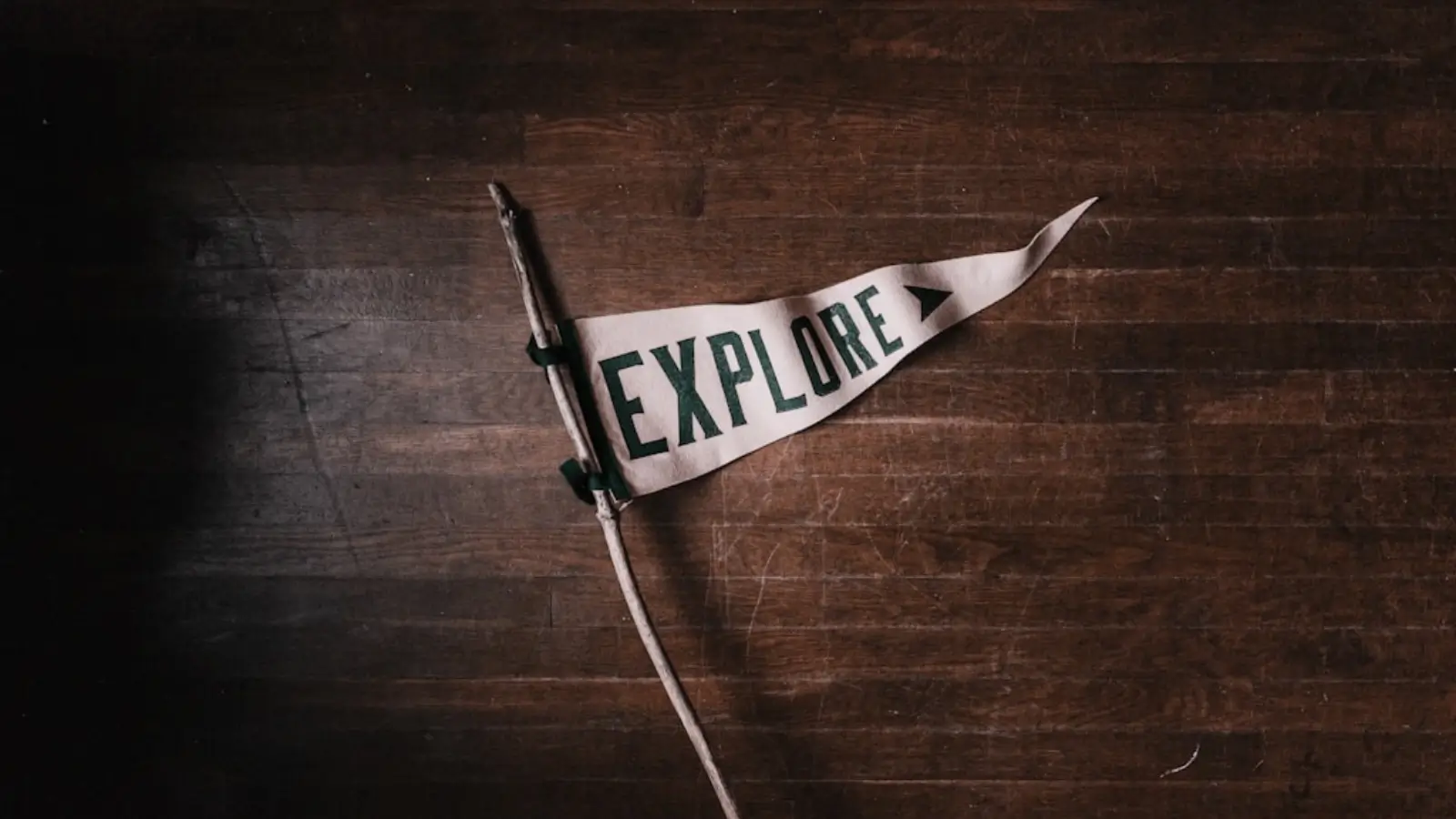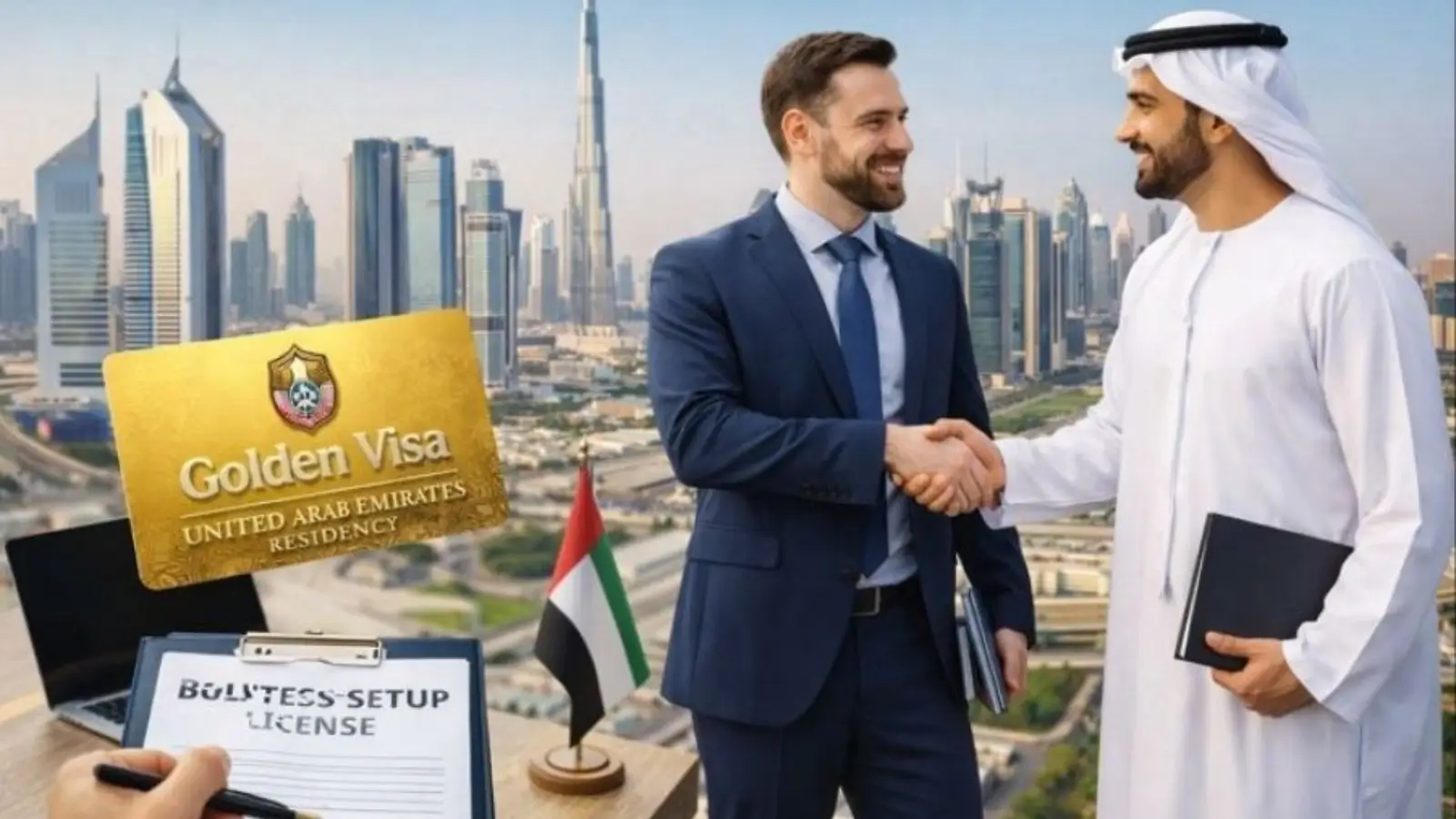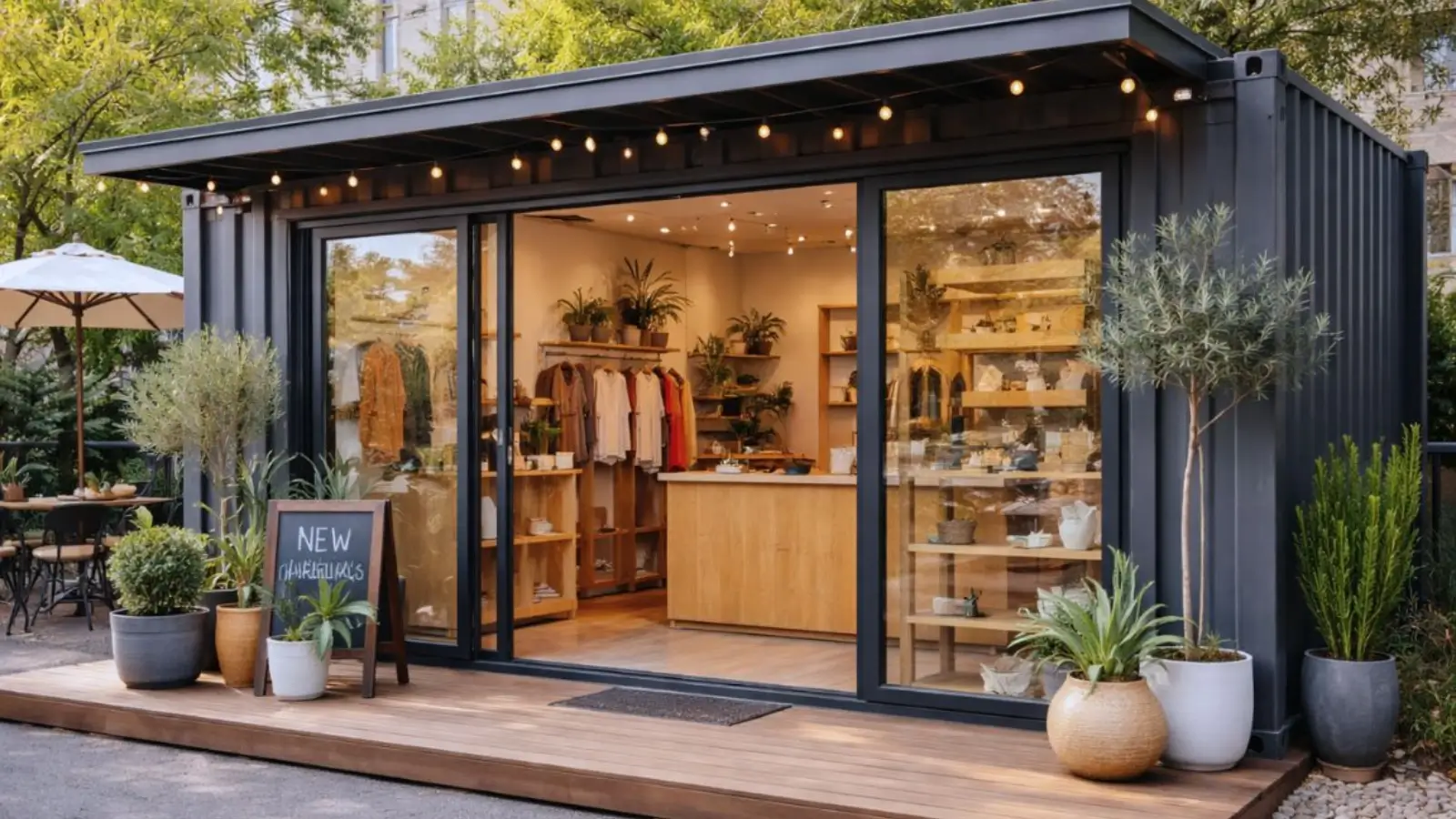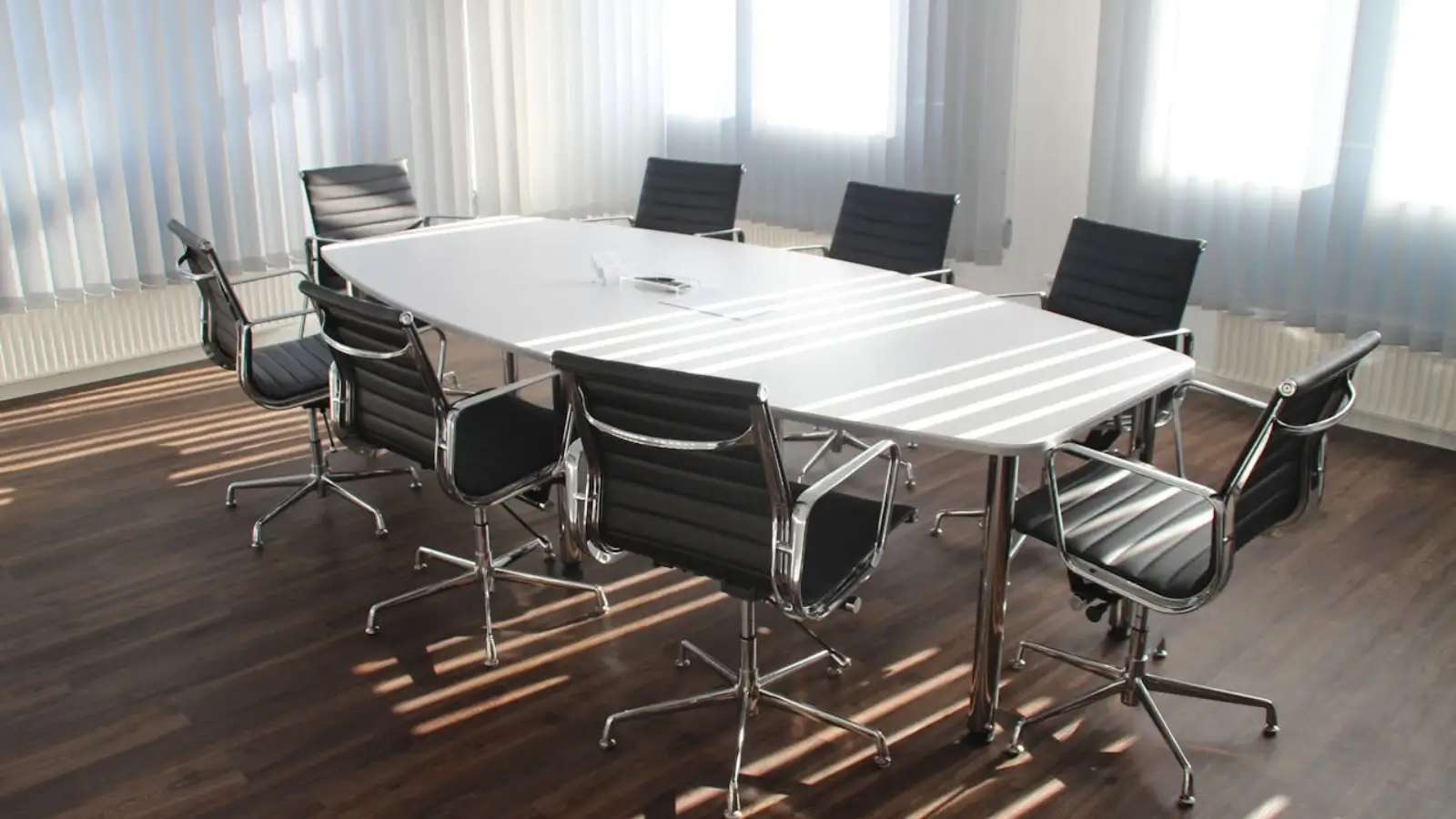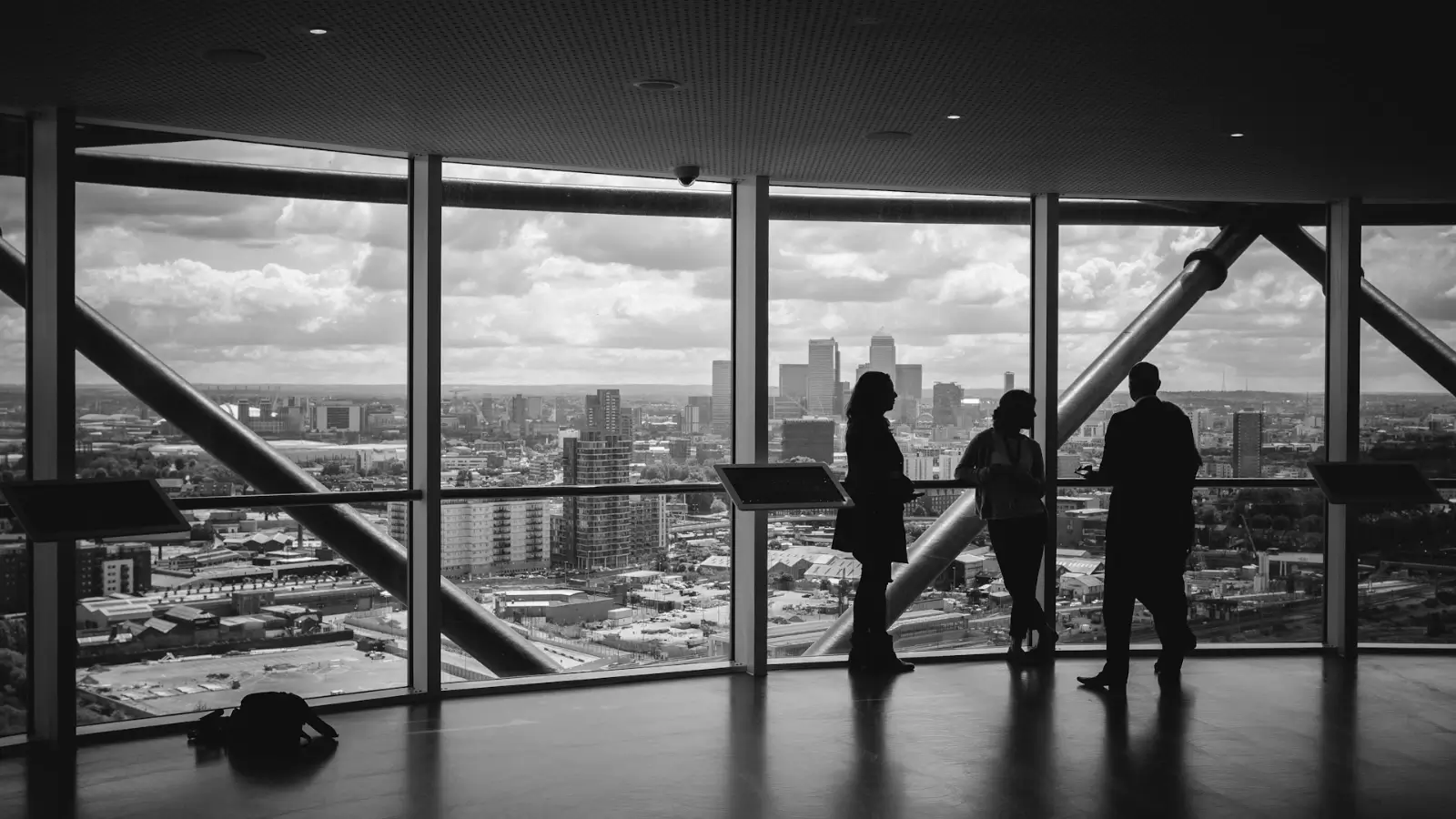How stepping off the beaten path sharpens your entrepreneurial edge
If you ask a hundred successful entrepreneurs where they go for inspiration, you’ll hear the same shortlist again and again: New York, Tokyo, London, Berlin. Cities buzzing with capital and ideas.
But sometimes, it’s the places that aren’t trending on LinkedIn that offer the richest insights.
Unusual destinations, those operating under unfamiliar systems, with unfamiliar rhythms, can change how you think.
Not just as a traveller, but as a leader and strategist.
In fact, when it comes to sharpening entrepreneurial instincts, the most valuable journeys often start where the tourist brochures end.
Take Cuba, for example. A country full of contradictions, workarounds, and improvisation.
Travelling there teaches you more about resourcefulness and resilience than any business book ever could.
Here’s how visiting somewhere unexpected can pay dividends far beyond the airport gate.
1. Unfamiliar Systems Build Strategic Thinkers
Cuba’s economy is complex. For decades, it operated on a dual-currency system: one for locals and one for tourists.
While the system has been mostly unified, its legacy still shapes everyday life.
Prices are inconsistent. Cash is king. ATMs are scarce. And digital payments? Largely unavailable.
Trying to navigate this kind of financial terrain forces you to ask better questions: What’s the real cost? Where’s the value? How do locals manage?
These are the same questions you ask when entering a new market or launching a startup.
Understanding how a non-linear economy works develops the mental muscle to deal with uncertainty, something no entrepreneur can afford to ignore.
Want to see what that looks like in practice?
This guide to Cuban currency breaks down Cuba’s monetary quirks in a way that’s both fascinating and genuinely useful, even if you're just planning a visit.
2. Constraints Are Breeding Grounds for Innovation
In Cuba, Wi-Fi is patchy, imports are restricted, and supply chains are inconsistent.
But these constraints have bred incredible innovation, from repurposed American cars kept running since the 1950s, to locally coded offline apps that function without internet access.
Locals don’t just get creative; they get practical. They adapt, work around, and invent with what they have.
As a visitor, you feel that ingenuity in action.
And when you return to your own business, with your cloud storage and same-day shipping, the excuses for inaction shrink dramatically.
Innovation isn’t always about abundance. Often, it’s about limitation.
3. Complex Environments Improve Decision-Making Under Pressure
Visiting a place like Cuba throws up a hundred small decisions every day.
Where to eat when the menus are written in slang, how to pay when the café doesn’t accept cards, which taxi is legit, and where to exchange money safely.
Each moment demands attention, flexibility, and problem-solving.
You develop a real-time decision-making reflex, one that gets sharper, faster, and more accurate with each challenge.
This same reflex helps when leading a business through shifting markets, regulatory changes, or supply chain shocks.
Travel becomes a mental boot camp for better business thinking.
One smart tip? Bring local currency before you arrive. Trying to exchange pounds once you're in-country can be stressful and expensive.
Services like Manor FX allow you to buy Cuban pesos securely from the UK, so you land ready, not reactive.
4. Local Economies Give Global Insight
Currency may seem like a dull detail until you’re living it.
How people spend, earn, and barter gives you a front-row view of how value flows in a real economy.
You see which goods are scarce, which are overpriced, and which are status symbols.
You watch informal economies at work. You learn how currency reflects culture.
This kind of awareness makes you a better global thinker. You stop assuming every economy works like your own.
You start noticing nuance, and that makes you sharper in deals, more curious in meetings, and more empathetic as a leader.
If you’re monitoring currency movements beyond the euro and dollar, specialist exchange rates pages are a great tool to bookmark, especially if you’re involved in international business or travel-based ventures.
5. Curiosity Is a Currency, and It Compounds
Curious people make better entrepreneurs. They notice patterns others miss.
They ask the weird questions. They look for insight where others see inconvenience.
And few things cultivate curiosity, like travelling to unusual places.
Every conversation, challenge, and “how does this work?” moment adds to your insight vault.
You learn to explore markets, industries, and people with an open, agile, and adaptive mindset.
In the end, curiosity is a kind of currency that never depreciates and always pays off.
Where Curiosity Meets Preparation
So next time you’re looking for a fresh perspective, skip the usual city break.
Go somewhere that confuses you, that challenges you, that forces you to reorient.
But don’t go unprepared.
Start by understanding the local currency. It’s often the first gateway to understanding the culture, the system, and the people.
In places like Cuba, it’s not just a practical need; it’s a business lesson in disguise.
Whether you’re planning your next off-grid adventure or just expanding your worldview from the boardroom, remember: the more unusual the journey, the more interesting the insights.
And the better your business becomes because of it.

